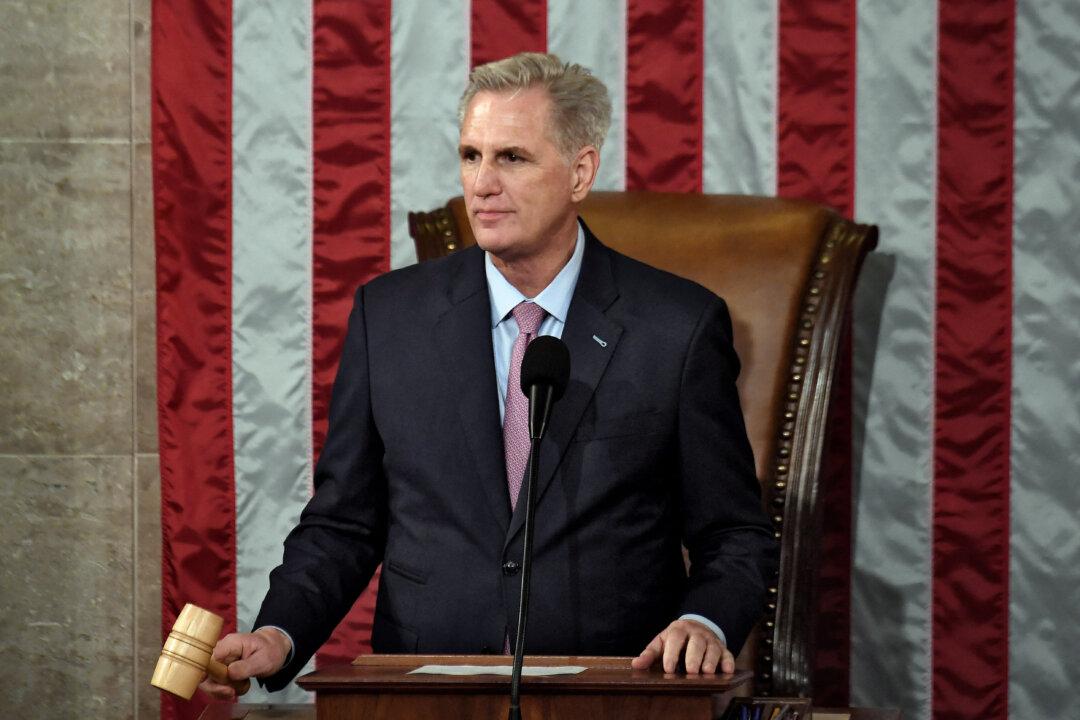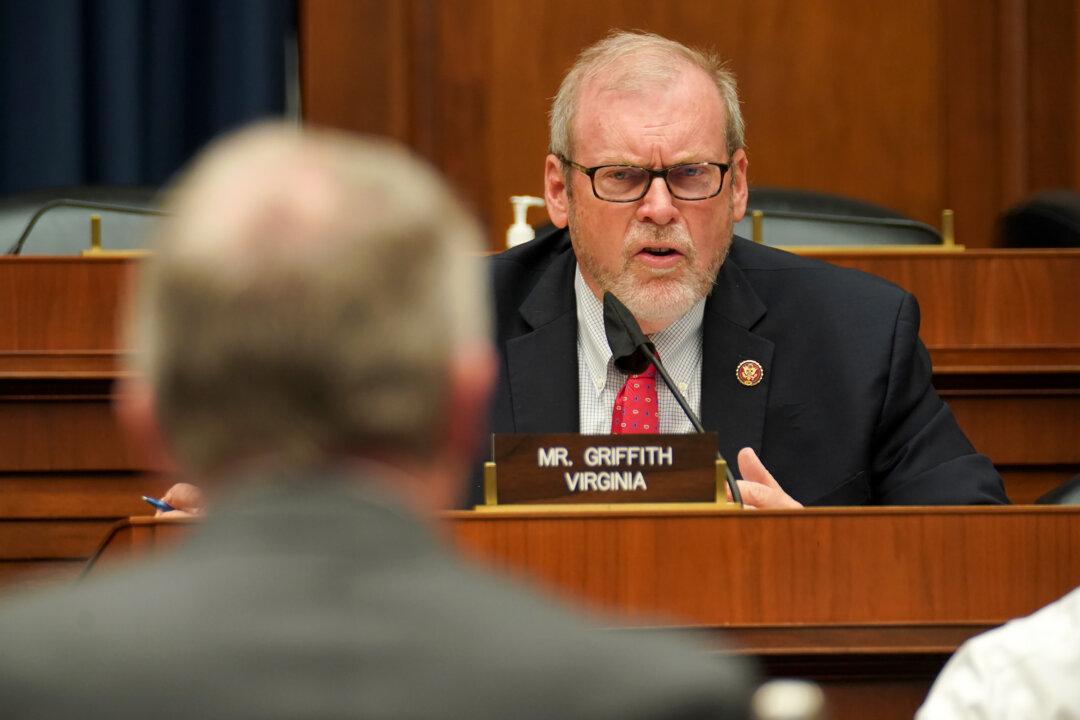The House of Representatives approved a Republican plan to temporarily raise the debt ceiling while cutting future spending with a vote of 217–215 on April 26.
In a departure from regular order, the vote came less than 24 hours after the bill was formally introduced into the House and just 12 hours after a late-night committee, where the bill was revised by Republicans along party lines.





